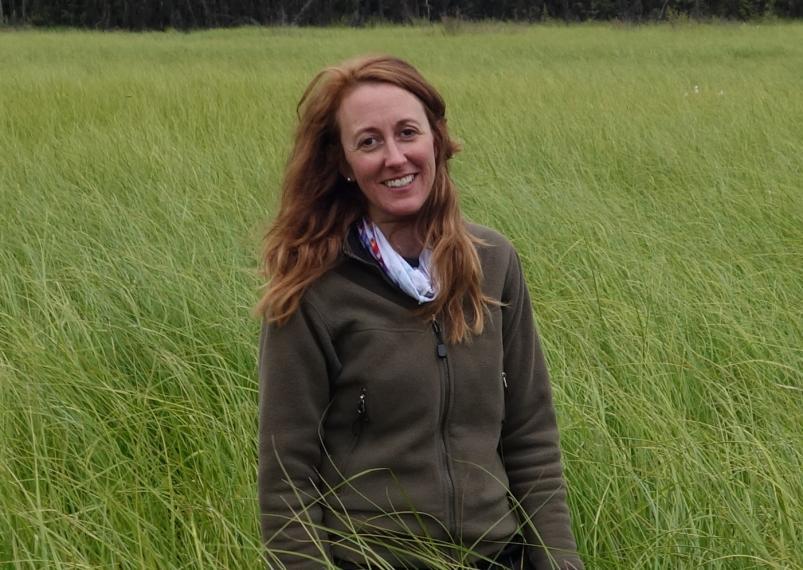Integrative biology researchers identify key challenges for the future of northern ecosystems

Integrative Biology’s Dr. Merritt Turetsky and Dr. Kevin McCann have published an invited paper for the 20th anniversary of Ecosystems, a journal that features research bridging fundamental ecology, environmental ecology and environmental problem-solving.
Dr. Turetsky and her colleagues put together a roadmap outlining key challenges and questions for the future scientific study of northern ecosystems.
The paper reflects on the fact that northern ecosystems are unique globally due to their low biodiversity, lack of anthropogenic presence in some areas, large ranging predator-prey systems, and large-scale natural disturbances. The authors argue that historical disturbance patterns have been integral to the resilience of northern ecosystems, but amplification of climate change is now destroying key legacies created by millennia of ecosystem processes.
The four questions posed were: (1) will climate change erase the legacies of past disturbances? (2) how are northern niches impacted by increasing introductions of non-native species combined with climate change? (3) should food webs be viewed as transient systems that enhance resilience? And (4) how can models predict the transient state of ecosystems?
In light of these key questions of transient disturbances, native species, and food-webs, Dr. Turetsky and her colleagues argue that insight into legacies, cross-scale feedbacks, boundary conditions (i.e. initial conditions) should shape the future of northern ecosystem science. Ultimately, there is great need for empirical and modelling studies to examine the importance of legacies and cross-scale interactions between climate change, biota, and disturbances to forecast future ecological changes.